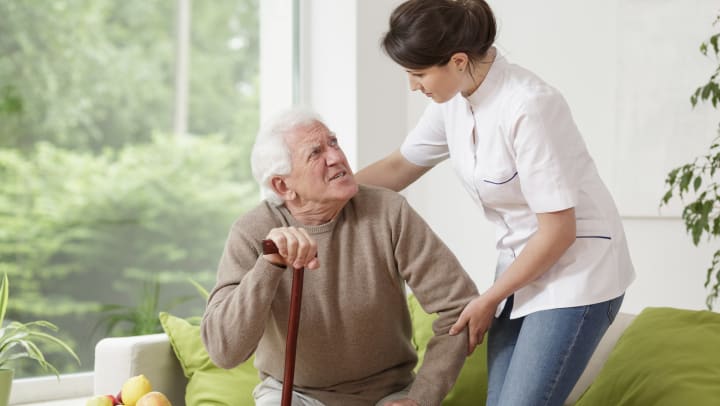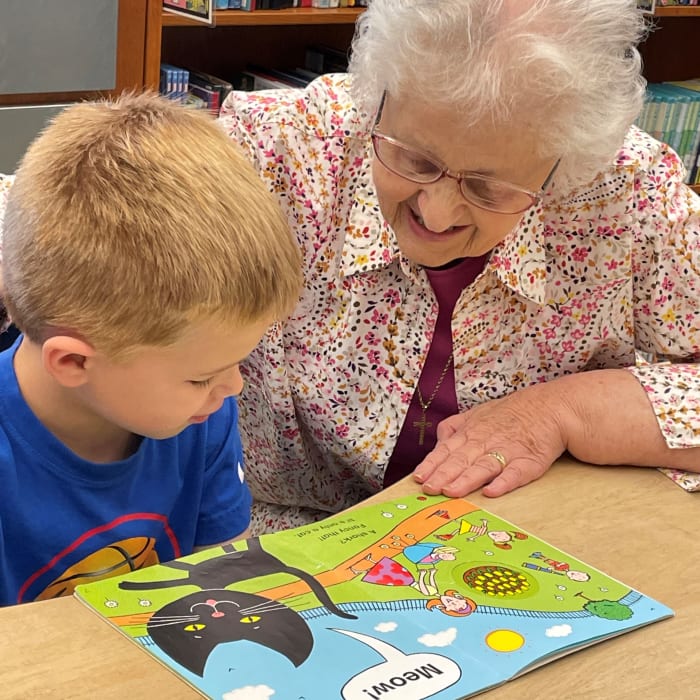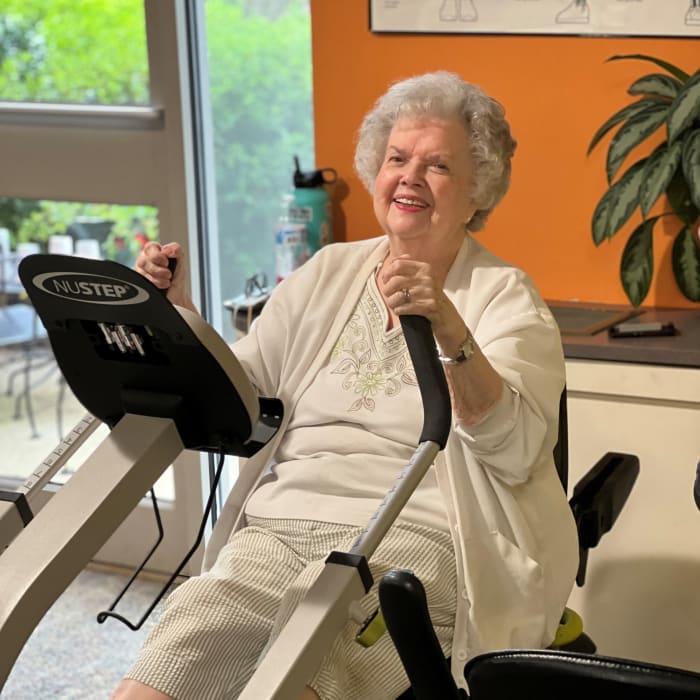When to Offer and Ask for Help
If your aging parent or a loved one has been living independently and enjoying an active lifestyle, they might not be willing to admit that their mental and/or physical abilities are not what they used to be.
Not wanting to be a burden, they may be hesitant to reach out for assistance — that’s why it is important to know when it’s time to offer help. Signs that indicate your loved one may need help include:
• Losing weight, having no appetite and missing meals. Is there nutritious food in the home? Do they have access to easy to prepare food? Are they able to adhere to special dietary recommendations to address health concerns?
• Exhibiting signs of poor hygiene. Has the person stopped bathing, brushing teeth, trimming nails or combing their hair? Are there sores on their skin?
• Failing to take essential medications or unwilling to get medical treatment for illness.
• Wearing clothing that’s inappropriate for the weather.
• Feeling confused, forgetting to pay bills or renew prescriptions, missing scheduled appointments.
• Ignoring or unable to perform household duties. Is the home dirty? Is trash piled up inside the home?
• Avoiding activities they once enjoyed, such as meeting with friends or going to religious services.
Unless the situation is critical, experts recommend involving your parent or loved one as much as possible in the decision-making process when planning for care. This can help ease their fears of losing control, and it shows that you have their best interests at heart.
Taking on caregiving responsibilities
Becoming a family caregiver is one of the most rewarding and stressful jobs you’ll undertake. Because you’re juggling many responsibilities, taking care of your physical health and emotional well-being are key to avoid caregiver stress.
According to the American Psychological Association, caregiving strain is often more significant when caregivers don’t have enough resources (information, skills, social support, respite and community services) and feel overwhelmed.
Being aware of caregiver stress can help you take action. Signs and symptoms include:
• Having problems sleeping and concentrating.
• Experiencing new or deteriorating health conditions.
• Eating, drinking or smoking more than you have in the past.
• Neglecting your own needs and responsibilities.
• Feeling exhausted, rundown or resentful of your loved one.
Navigating family caregiving tasks
There’s no reason to feel like you have to go it alone. Asking for help with caregiving responsibilities can help you avoid caregiver stress.
Family members and friends are often ready and willing to help, but they may be unaware of your feelings or how they can help. Starting the conversation and sharing information can help everyone understand the situation and feel involved.
Be specific about the type of help you need and make a list of important tasks. Look for ways to divide caregiving responsibilities, such as running errands or buying groceries; managing bills and other financial duties; taking care of your loved one’s medications and doctor appointments; or researching additional resources for support.
[Callout]
Did you know?
Caregiver resources
The Department of Health and Human Services offers a wealth of information about programs and services for caregivers, including respite care, long-term care, veterans services, financial and legal services, and end of life care. Visit hhs.gov/aging/long-term-care/index.html to learn more.
Sources:
National Institute on Aging. What Are the Signs That an Aging Parent Needs Help? (May 16, 2017) Accessed April 14, 2020. Available at: https://www.nia.nih.gov/health/what-are-signs-aging-parent-needs-help
Sixty+Me. What To Do When Your Aging Parents Need Help: 7 Steps To Get Started. (n.d.) Accessed April 14, 2020. Available at https://sixtyandme.com/what-to-do-when-your-aging-parents-need-help-7-steps-to-get-started/
Next Avenue. 10 Signs That an Older Person May Need Help. (n.d.) Accessed April 15, 2020. Available at: https://www.nextavenue.org/10-signs-older-person-may-need-help/
American Psychological Association. Caring for Yourself and Your Family Member. (n.d.) Accessed April 16, 2020. Available at: https://www.apa.org/pi/about/publications/caregivers/consumers/self-family-care
HelpGuide. Caregiver Stress and Burnout. (Last updated October 2019) Accessed April 16, 2020. Available at: https://www.helpguide.org/articles/stress/caregiver-stress-and-burnout.htm
Common Problems that Caregivers and Care Recipients Face. (n.d.) Accessed April 16, 2020. Available at: https://www.apa.org/pi/about/publications/caregivers/consumers/common-problems






